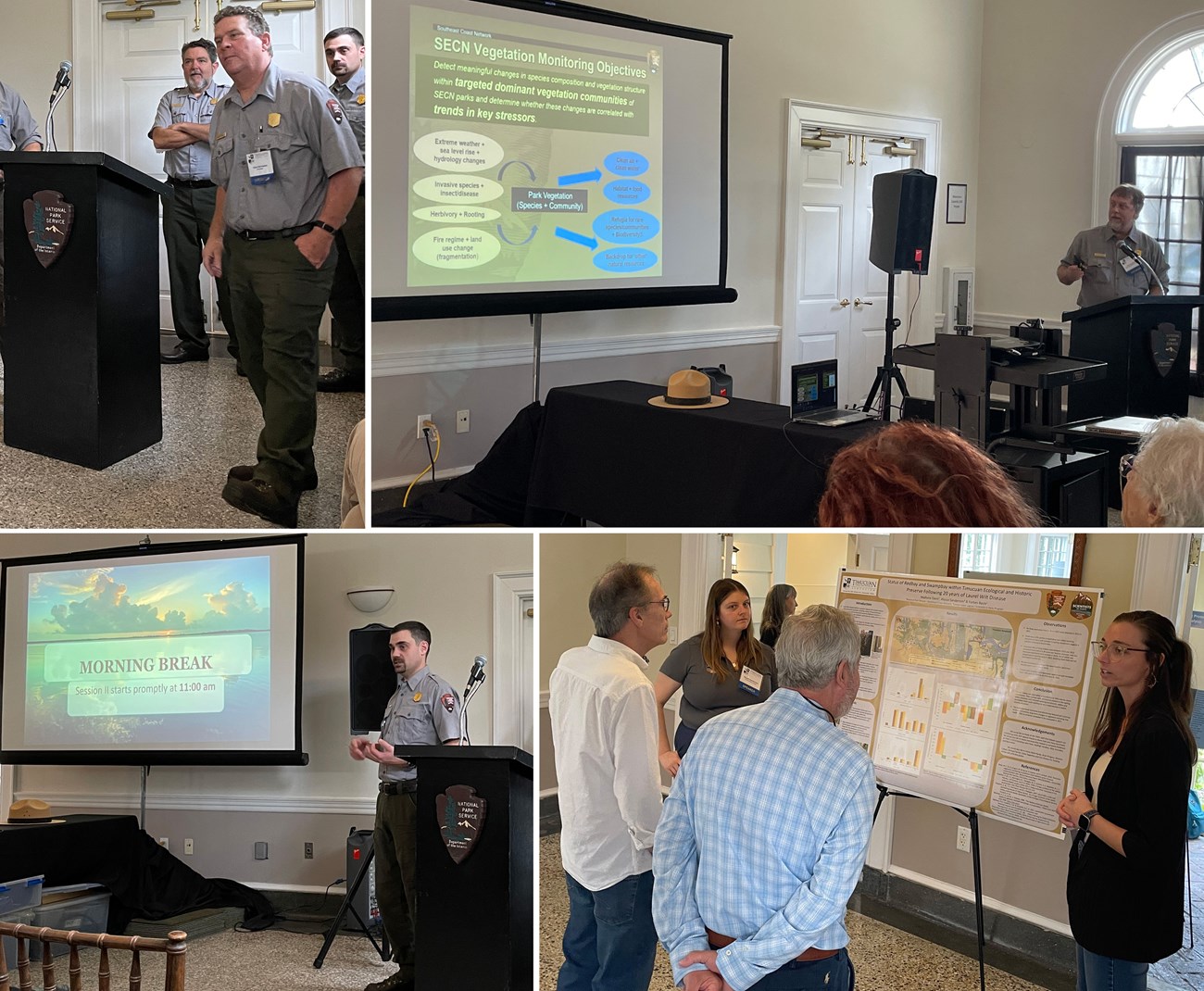
The Dawn of Sustainable Innovation
The intersection of ecology and technology, often termed “Eco Tech,” is rapidly evolving from a niche interest to a mainstream imperative. Driven by escalating environmental concerns and advancements in material science, computing power, and data analytics, Eco Tech represents a fundamental shift in how we approach problem-solving. It’s no longer sufficient to simply mitigate environmental damage; the focus is now on creating systems and products that actively regenerate and enhance the natural world. This isn’t just about ‘green’ alternatives; it’s about fundamentally rethinking design, production, and consumption patterns.
The current wave of Eco Tech innovation is fueled by a confluence of factors. Increased consumer awareness, stricter governmental regulations, and the growing recognition of climate change risks are all playing a significant role. Furthermore, the decreasing cost of renewable energy technologies and the increasing availability of sustainable materials are making Eco Tech solutions more economically viable than ever before. We are witnessing a transition from idealistic concepts to practical, scalable solutions.
This movement extends far beyond solar panels and electric vehicles. It encompasses a broad spectrum of disciplines, including biotechnology, precision agriculture, circular economy models, and smart city infrastructure. The potential for Eco Tech to address global challenges – from food security to resource depletion – is immense, and the opportunities for entrepreneurs and innovators are equally significant.
Revolutionizing Resource Management
One of the most promising areas within Eco Tech is the development of technologies that optimize resource management. Traditional ‘take-make-dispose’ linear models are proving unsustainable, leading to resource scarcity and environmental pollution. Eco Tech is pioneering circular economy approaches, focusing on reducing waste, reusing materials, and recycling resources efficiently. This includes innovations in materials science, creating biodegradable plastics and developing methods for extracting valuable materials from waste streams.
Smart sensors and data analytics are also playing a crucial role. These technologies enable real-time monitoring of resource consumption, allowing businesses and individuals to identify areas for improvement and reduce their environmental footprint. For example, smart water meters can detect leaks and optimize water usage, while precision agriculture techniques utilize sensors and data to deliver water and nutrients to crops only when and where they are needed, minimizing waste and maximizing yields.
Furthermore, advancements in blockchain technology are enhancing transparency and traceability in supply chains, ensuring that materials are sourced responsibly and ethically. This is particularly important for industries like forestry and mining, where illegal logging and unethical practices are prevalent. By providing a secure and immutable record of material origins, blockchain can help to combat these issues and promote sustainable sourcing.
The Power of Biotechnology and Green Chemistry
Biotechnology and green chemistry are at the forefront of Eco Tech innovation, offering solutions to some of the most pressing environmental challenges. Bioremediation, for instance, utilizes microorganisms to clean up contaminated soil and water, offering a natural and cost-effective alternative to traditional remediation methods. Similarly, bio-based materials, derived from renewable resources like plants and algae, are replacing petroleum-based plastics and other harmful materials.
Green chemistry focuses on designing chemical products and processes that minimize or eliminate the use and generation of hazardous substances. This includes developing safer solvents, catalysts, and manufacturing processes. The benefits of green chemistry extend beyond environmental protection; it can also lead to cost savings, improved product performance, and enhanced worker safety. The principles of green chemistry are becoming increasingly integrated into industrial processes across a wide range of sectors.
The development of synthetic biology is also opening up exciting possibilities. Synthetic biology involves designing and constructing new biological parts, devices, and systems for a variety of applications, including the production of biofuels, bioplastics, and pharmaceuticals. This field has the potential to revolutionize manufacturing and create a more sustainable and bio-based economy.
Key Areas of Eco Tech Growth
- Renewable Energy Storage: Beyond generation, efficient storage solutions are vital for widespread renewable energy adoption.
- Sustainable Agriculture: Precision farming, vertical farming, and alternative protein sources are reshaping food production.
- Waste Management & Circular Economy: Technologies for recycling, upcycling, and waste-to-energy conversion are gaining traction.
- Green Building Materials: Innovative, eco-friendly construction materials are reducing the environmental impact of the built environment.
- Carbon Capture & Utilization: Technologies that capture carbon dioxide from the atmosphere and convert it into valuable products.
